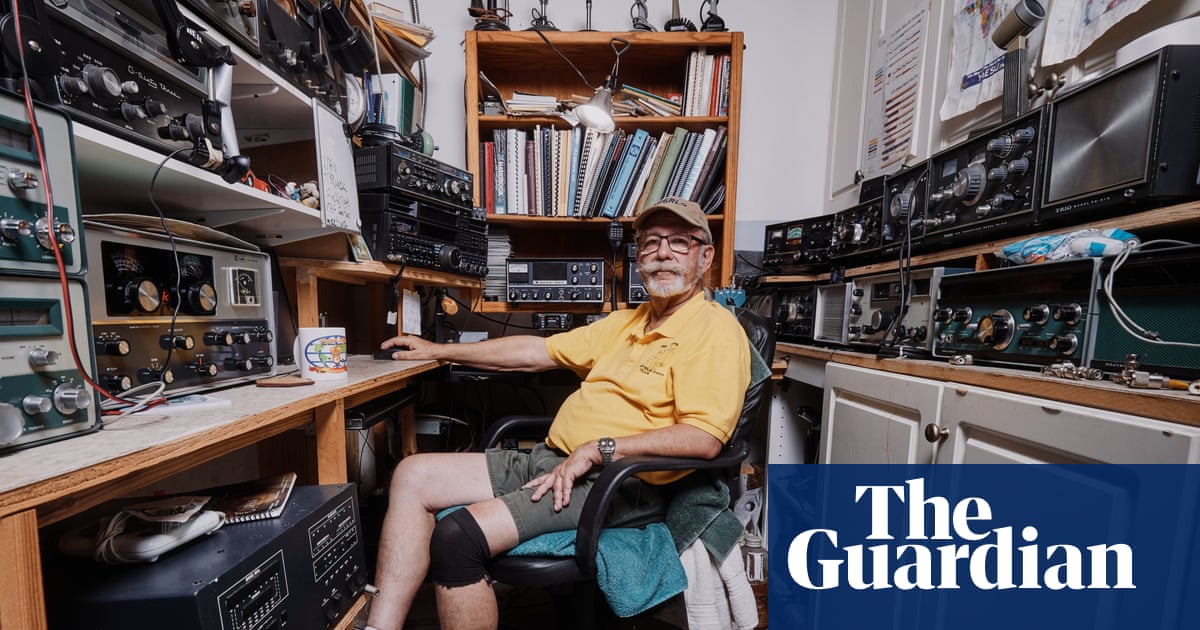Great little story about HAM Radio operators in Palm Springs.

 www.theguardian.com
www.theguardian.com

No cellphone? No problem! The vintage radio enthusiasts prepping for disaster
Ham radio users – from teenagers to eightysomethings – are ready to communicate in the next crisis

